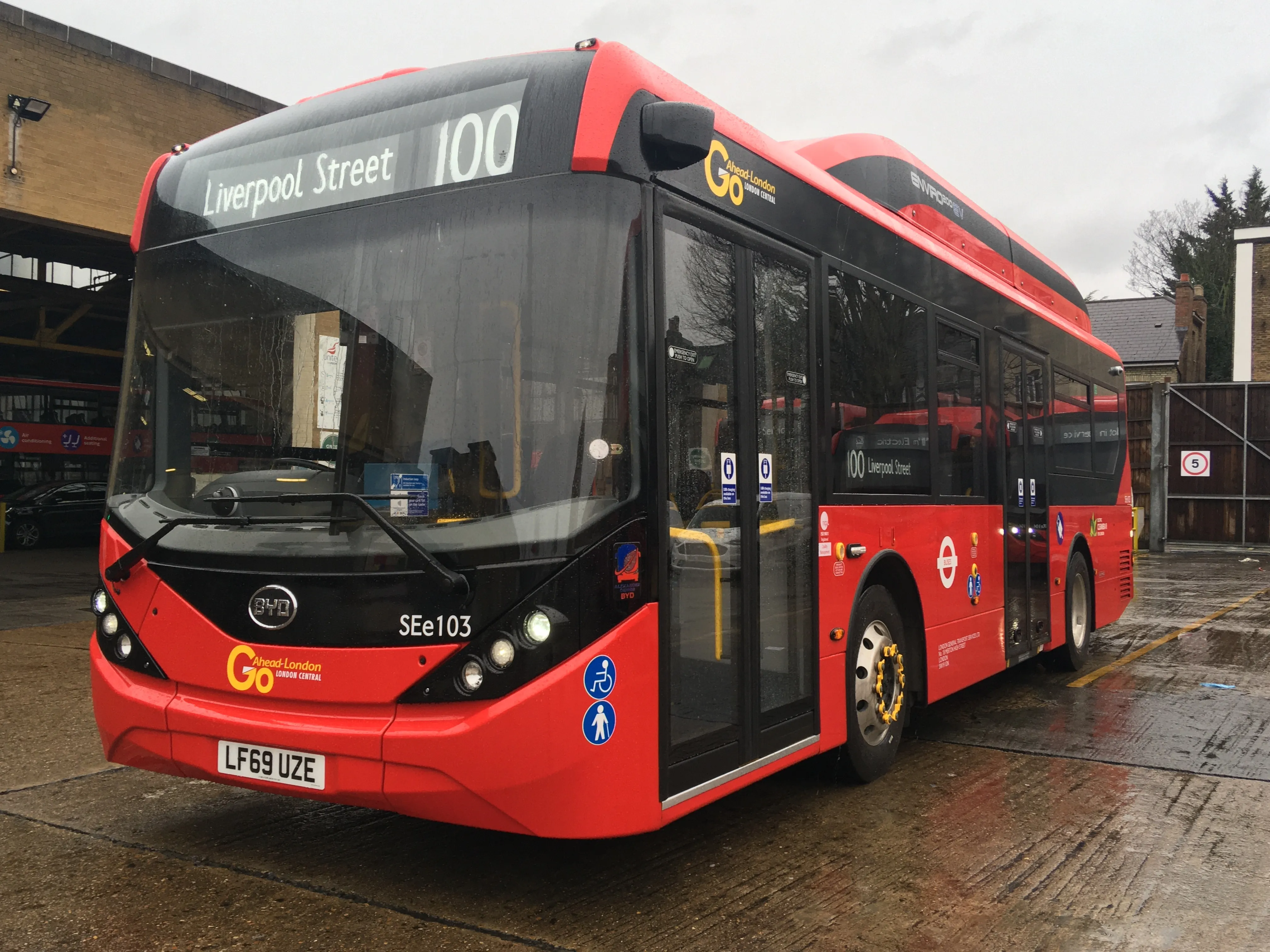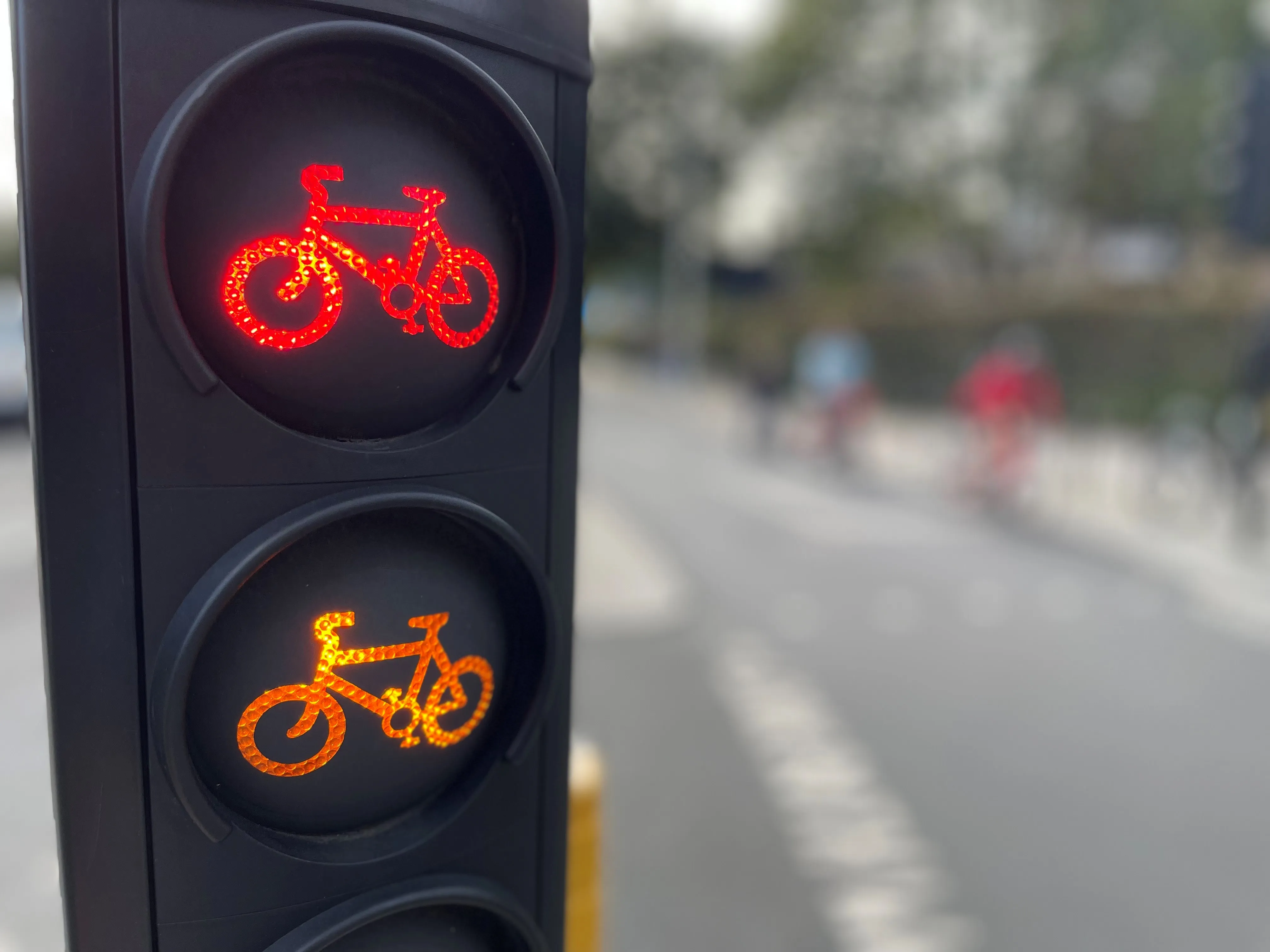The buses are the latest addition to Europe’s greenest bus fleet and will increase TfL’s experience and understanding of this relatively new technology. The buses have zero tail pipe emissions at point of use, resulting in lower overall carbon emissions.
The use of the electric buses will establish whether the technology can stand up to the rigours of operating in an intense urban environment such as London. The manufacturer’s tests demonstrate that while the initial capital cost of these vehicles is more than that of standard diesel, the significantly lower running and maintenance costs would offset this within the typical lifetime of the vehicle.
The buses take around five hours to fully charge overnight, or two hours using fast charge technology, and have a range of up to 100 miles depending on operating conditions.
Mike Weston, TfL’s Director of Buses, said: “We now have a total of eight pure electric buses in the capital’s fleet which will help increase our experience and understanding of this technology. London has always been at the forefront of adopting and trialling new green technology and these buses are a welcome addition to the fleet."
Croydon’s first pure electric ‘emission free’ buses hit the streets
Transport for London (TfL), Arriva and UK bus manufacturer Optare have introduced the latest electric buses to the capital’s fleet. The two Optare MetroCity buses are now in service in Croydon on a route is used by around 4,700 passengers a day.
The buses are the latest addition to Europe’s greenest bus fleet and will increase TfL’s experience and understanding of this relatively new technology. The buses have zero tail pipe emissions at point of use, resulting in lower overall carbon emissions.
December 11, 2014
Read time: 2 mins










